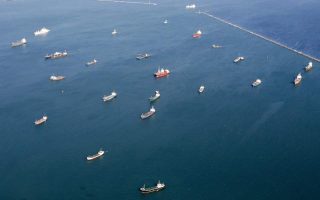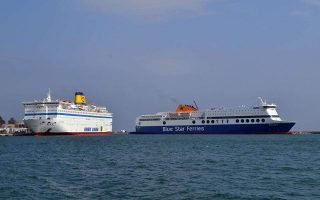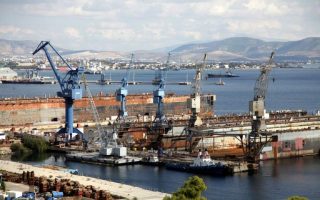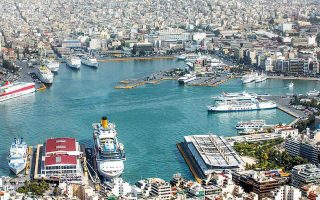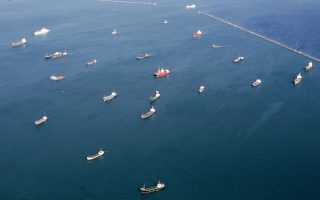Piraeus port owner Cosco to submit investment plan
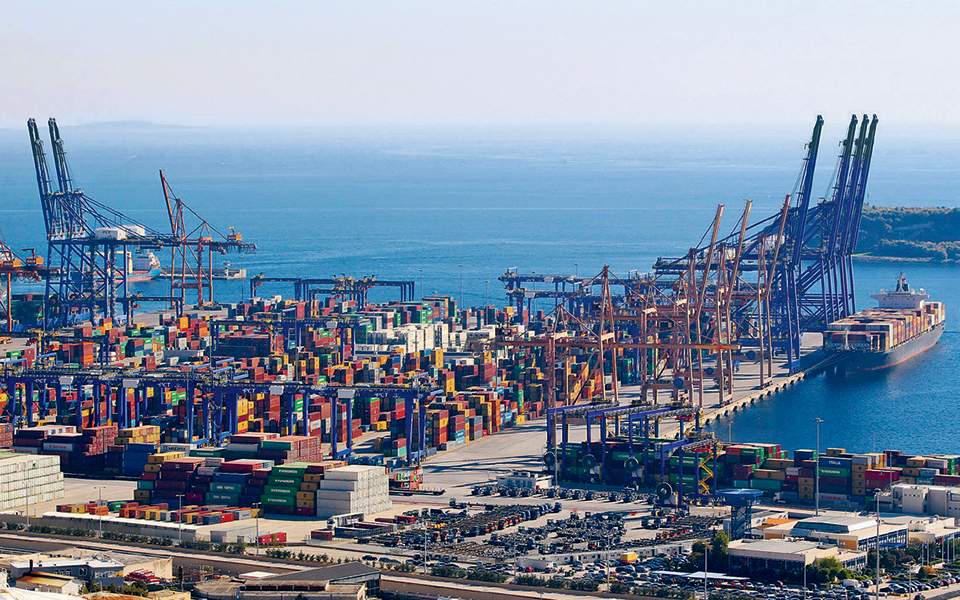
Cosco, the Chinese-owned owner and operator of Piraeus port, is expected to resubmit its 800-million-euro investment master plan to the state Port Planning and Development Commission Friday.
The resubmission comes after the change in government and the dozens of obstacles the previous administration’s decisions raised.
The major changes from the previous 580-million plan are a new, fourth container terminal and a much smaller shopping center inside the port, which will not be accessible to non-passengers.
The new container terminal, to be situated east of Terminal 1, will have a capacity of 2.8 milliion TEUs (twenty-foot equivalent units) and bring the port’s total container handling capacity above 10 million TEUs when it is completed in 2021 or 2022.
Piraeus, the world’s 32nd largest port in capacity, is now the busiest in the Mediterranean, having surpassed Valencia a few weeks ago.
Total container handling in Piraeus reached 4.9 million TEUs in 2018, up 18.4 percent year-on-year and over 700 percent since 2009 when Cosco first assumed the operation of Terminal 2, before buying a majority stake in Piraeus port in 2016.
The port’s management believe total traffic – which differs from capacity – will be 5.5 to 5.6 million TEUs in 2019.
The investment in Terminal 4 alone will cost 300 million euros. One investment that will not take place, after the previous government evaluation, is the megayacht construction shipyard that would have cost an estimated 40 million.
The investment master plan was developed with consultants McKinsey. Besides the new container terminal and the shopping mall, the investments it calls for include a new cruise ship terminal, warehouses and other logistics facilities, four hotels, maintenance and improvement of existing facilities and equipment, including in the ship repair zone, and acquisition of new equipment, including eco-friendly buses.
Cosco’s investment, including the acquisition of the port itself, has always faced and overcome opposition from political parties, unions and private business interests who fear the company’s plans will hurt their own businesses, from small shops to hotels.
